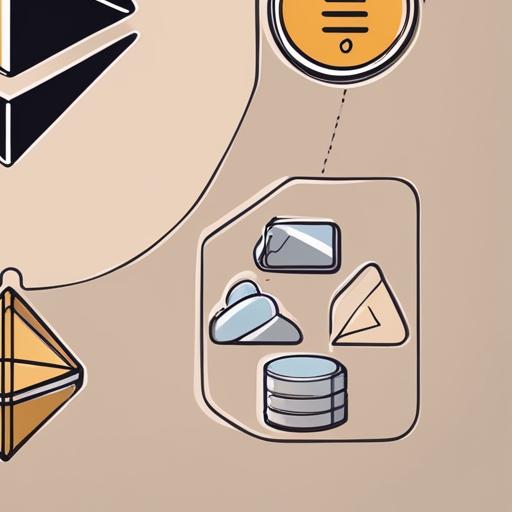Introduction
Cryptocurrencies have been creating a buzz for quite some time, and one name that often comes up is Ethereum. But what exactly is Ethereum? If you are perplexed by the worlds of blockchain and digital currencies, fear not. We will break down Ethereum in simple terms so anyone can understand.
What is Ethereum?
Ethereum is a decentralized platform that allows developers to build and deploy smart contracts. Think of it as a highly programmable blockchain technology. While Bitcoin is chiefly a digital cryptocurrency, Ethereum serves a broader purpose. It provides the necessary infrastructure for developing several types of decentralized applications (dApps).

Understanding Blockchain
To grasp Ethereum, you need a basic understanding of blockchain. Blockchain is a type of digital ledger that records transactions across multiple computers so that the records can be secured and decentralized. This ensures transparency and reduces the risk of fraud.
Ether: The Cryptocurrency
Ethereum has its own cryptocurrency called Ether (ETH). While you can use Ether much like Bitcoin to send and receive payments, its primary role is to serve as fuel for the Ethereum network. Developers use Ether to pay for executing operations on the Ethereum blockchain.
Smart Contracts
One of Ethereum’s most groundbreaking features is its support for smart contracts. These are self-executing contracts with the terms of the agreement directly written into code. Smart contracts automatically enforce and execute terms when specific conditions are met, eliminating the need for intermediaries like banks or lawyers.
Decentralized Applications (dApps)
Beyond smart contracts, Ethereum allows developers to build decentralized applications, or dApps. Unlike traditional apps, which run on centralized servers, dApps run on a decentralized network of computers. This ensures that they are more secure and less prone to downtime.
Use Cases
Ethereum’s flexibility opens the door to a variety of real-world applications. Some popular use cases include:
1. Finance: DeFi platforms allow users to engage in a variety of financial activities such as lending, borrowing, and trading without intermediaries.
2. Gaming: Ethereum-based games allow players to own in-game assets, which they can trade, sell, or use across different games.
3. Supply Chain: Companies use Ethereum to track goods and reduce fraud in the supply chain.
Conclusion
Ethereum is more than just a cryptocurrency; it is a versatile platform that enables new kinds of applications and services through its blockchain technology. Whether for financial services, gaming, or supply chain management, Ethereum’s potential is vast and continues to grow. If you’re intrigued by the concept of a decentralized world, Ethereum is a great place to start your journey.
